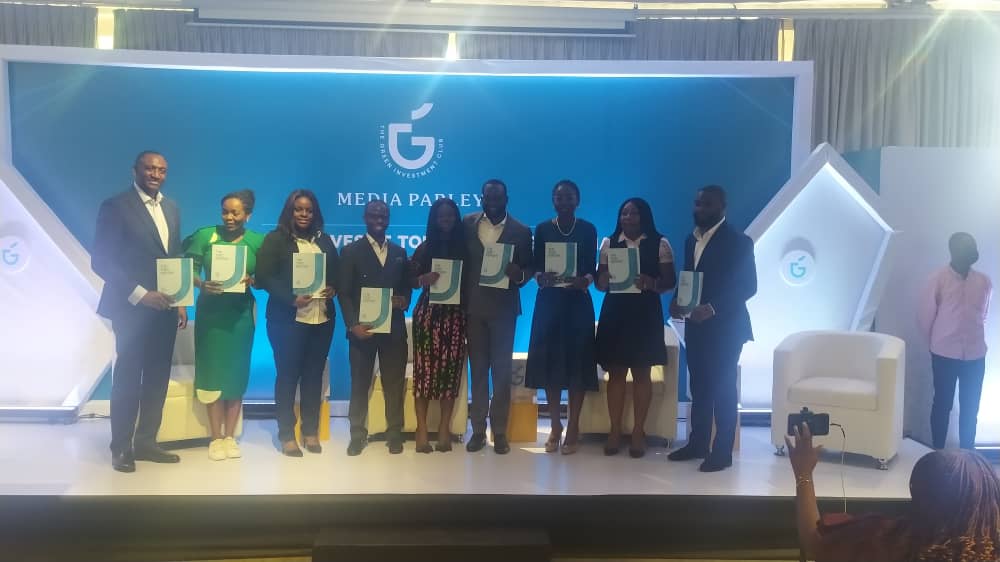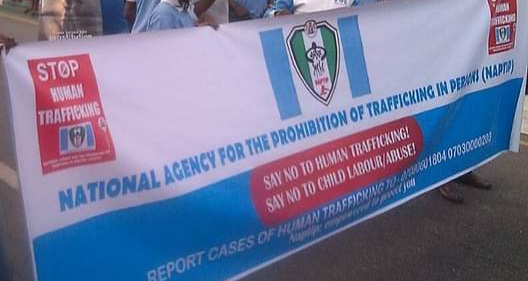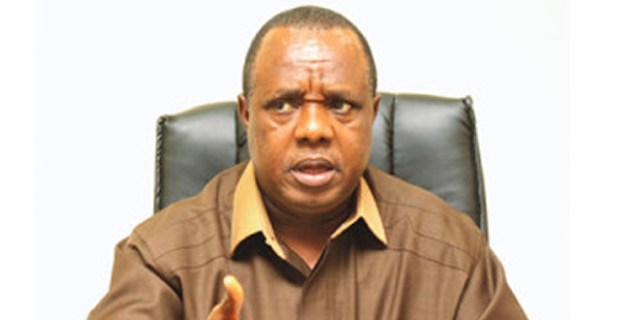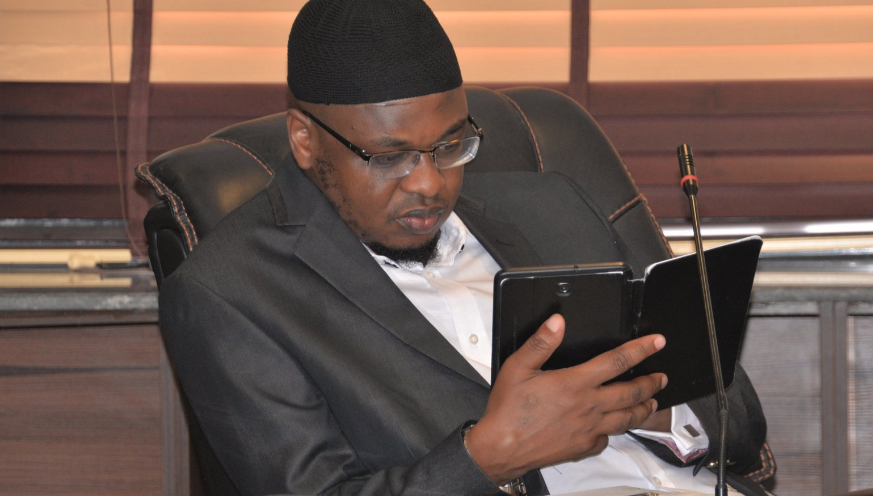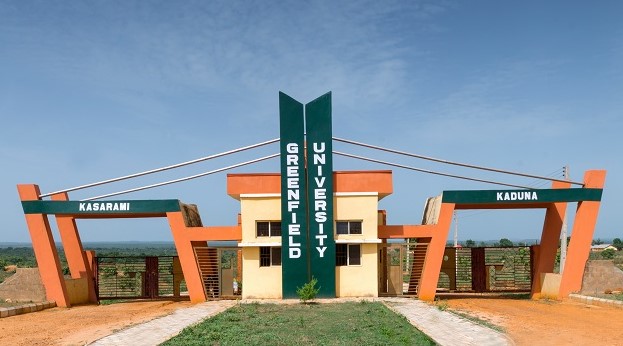A group of venture capitalists and investment experts have called for improved efforts in financial education and initiatives encouraging youths as a solution to poverty in Nigeria.
Earlier, the World Bank projected that the number of poor people in Nigeria may increase by 20 million in 2022 following the NBS’ 2020 figures that showed 82.9 million persons were living in poverty as of 2019.
On Friday, The Green Investment Club (TGIC), a community-based brand providing financial education, unveiled a three-year report on the effect of key indicators like currency devaluation and inflation in Nigeria’s investment space.
At the launch were Tomie Balogun, TGIC founder; advisory board members; Peter Atuma, Princeps Holdings chair (Credit Wallet); Osazuwa Osayi, co-founder of Farmforte Ltd, and Oladunni Olawuyi, chief operating officer of Apel Asset Limited.
Advertisement
Balogun highlighted the need to establish frameworks that scale up investment, especially for youths.
“In economies like the US, industries enabling growth were built. In Nigeria, we have a huge number of SMEs that can grow big. Investing in companies with potential enables them to employ people who make ends meet,” she said.
“It has a multiplier effect translating to economic growth. When we started working with Farmforte, we had the cash crops: the sesame seed, the cashew. Now, we’re doing projects that are huge. Credit Wallet has increased its loan book size. We’ve done $300,000 with Apel just in April.
Advertisement
“It’s a win for us and the companies we’re investing in. When we think about poverty in Nigeria, there are causes like education, shifts in the (global) economy, government policy. But financial education can literally give people freedom.”
TGIC gives its over 1,700 members across 26 countries investment insights, while partnering African businesses in deals that saw it raise over $17 million within three years after its inception in 2018.
Balogun said the initiative is also looking to start clubs across 10 universities in 2021, beginning with a pilot scheme in Covenant University (CU).
She noted that the club is also working towards launching financial games (gamification of investment) to help younger people learn to earn, save, and eventually become successful investors.
Advertisement
“Money is a tool, not just about accumulating it in a bank but about using it to make the right decisions. Our report also shares a story. I started off blogging; investing in treasury bills and the stock market. I just wanted to learn,” she said.
“I put out an email to see who is interested (in the club). Thirty-five people signed up and, in three months, we had 100 on the waitlist. It has continued to evolve. We built the website, created online courses.
“In 2019, we saw a gap that we could build a digital platform. We’re moving into building a mobile app and working with partners to innovate. We’re about integrating into the stock market. This year is like a milestone for us because our members are going to be investing in their first Africa-focused VC (venture capitalist) fund.
“There’s increased focus on Africa in recent times. We see the Paystack; Flutterwave story. We want to contribute our quota in long and short-term deals. We’re going to release a report on it and have a major event later this year. In five years, we want to have TGIC officially in every continent while driving investments in Africa.”
Advertisement
Speaking to TheCable, Osazuwa Osayi, co-founder of Farmforte, said the agric company embarked on infrastructure projects to thrive in Nigeria’s “harsh business environment”, while working on multiple partnerships including the TGIC.
“We had to be strategic; raise a different type of capital [for a power plant and road construction] while working with partners that provide some of these services in an arrangement where we pay overtime,” the founder explained.
Advertisement
“TGIC is one of our key investment partners and they’ve helped mobilise capital for different strategic agricultural projects which we engage in. There’s a lot that can be done from production to end-market.
“I’ll urge young Nigerians to be bold, take the risk, and invest in the agric space. Agric has proven to be effective in reducing the poverty rate more than any other sector in Africa.”
Advertisement
Peter Atuma, Princeps Holdings chair and investment expert, called for increased communication between the government and the private sector to aid the growth of startups and existing brands.
“It’s a whole big piece to tackle, some of which will involve the government and the private sector. I think we should also address our educational system. Someone going through schools up until university should understand how to set up a company and the legal themes,” he said.
Advertisement
“There are simple things like cost-benefit analysis, cash flow projections, basic analytics. I think some of these things will help our youth see that they can make a big difference in investments and businesses.”
On the CBN’s ban of cryptocurrency transactions, Atuma called for better approach to understanding the issues involved.
“I don’t think the solution to the business climate is just outright banning and delisting. It’s not going to help. Before you even ban things like this, you sometimes give time, not overnight,” he explained.
“You can say it’d happen in six months so people plan without incurring losses, especially with foreign investors so we don’t come across as a wild territory where anything goes on. I don’t think the government has wrong intentions. They’re there to help in most cases, just that, in helping, we may not know we’re not helping in our actual actions.
“There’s a lot of smart thinking among the youth where, sometimes, the authorities interestingly dominated by the older generation, face an exposure gap. This gap needs to be somewhat closed, hence the need for communication.”
Add a comment

